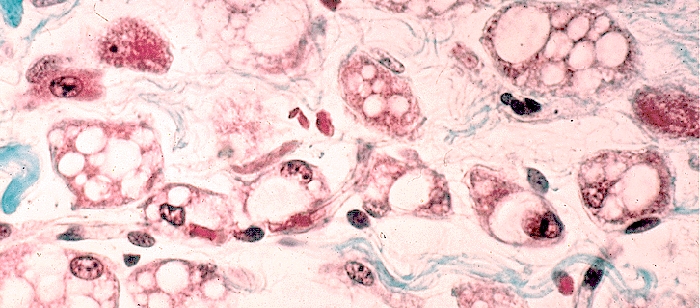M.S. Thesis Defense
Computer Science and Electrical Engineering
University of Maryland, Baltimore County
Hyperglycemic challenge and distribution of
adipose tissue in Non-human primates using fMRI
Tanmay A. Kulkarni
11:30-1:30 Monday, 2 December 2013, ITE 234
Blood glucose levels regulate the rate of insulin secretion, which is the body’s mechanism for preventing excessive elevation in blood glucose. Impaired glucose metabolism and insulin resistance have been linked to excess body fat composition. The thesis focuses on the development of an imaging sequence and image analysis steps for performing body composition analysis based on 3D imaging of abdominal adipose tissue in a large nonhuman primate, baboon, and using segmentation approaches to calculate regional distribution of adipose tissue within the abdominal cavity. In addition, a data-driven analysis approach is used to correlate the total abdominal fat composition with serum glucose response to a hyperglycemic challenge. Five female baboons were fasted for 16 hours prior to 90 minute body imaging experiment that consisted of a 20-min baseline, followed by a bolus infusion of glucose (500mg/kg). The blood glucose was sampled at regular intervals. The total compositions of the muscle, visceral and subcutaneous adipose tissue were estimated in all five baboons. We found that adipose tissue composition is associated with the fluctuations in glucose responses as measured by IVGTT of a non-human primate. Mean (SD) values of body weight, and muscle, visceral, and subcutaneous adipose are 26.7 ± 2.21 kg, 0.79 ± 0.22 kg, 1.18 ± 0.27 kg, and 1.39 ± 0.75 kg, respectively. The glucose responses were positively correlated with body weight, visceral and muscle fat (p < 0.005). Polynomial regression analysis showed that body weight, visceral and muscle were significant predictors of serum glucose responses. (p < 0.001). These results indicate the similarity between humans and baboons with respect to glucose metabolism and strengthen the utility of baboon for biomedical research.
Committee: Drs. Gymama Slaughter (Chair), Mohamed Younis and Joel Morris
